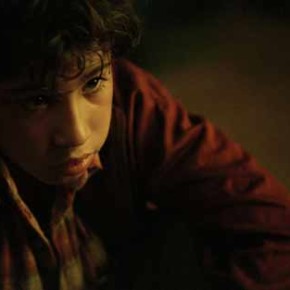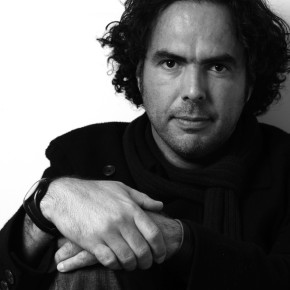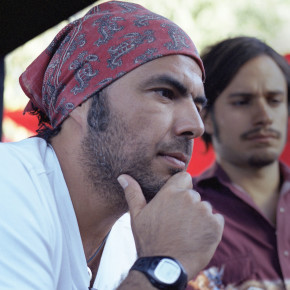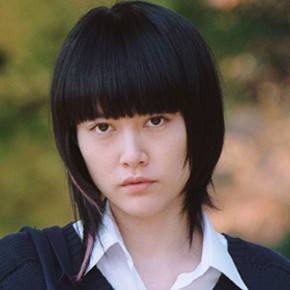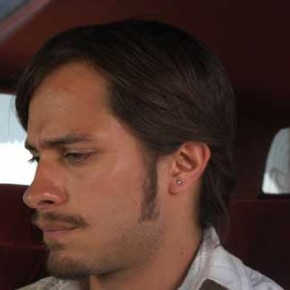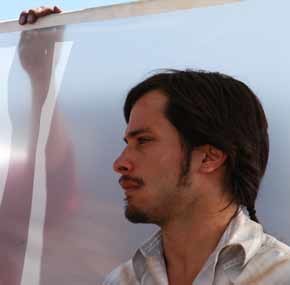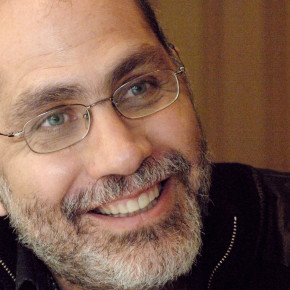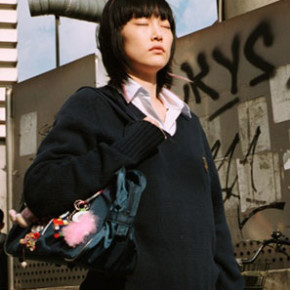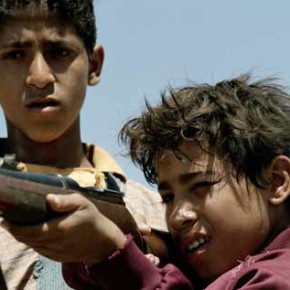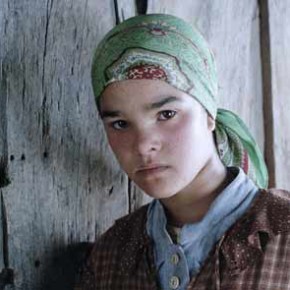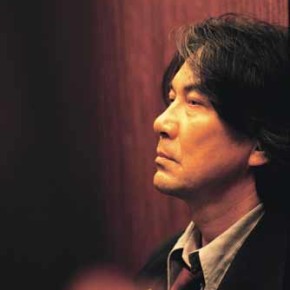With Babel, Alejandro González Iñárritu has created a multi-layered, cinematic collage that takes us around the world where adults have problems, true. But the poignancy of the film lies in the fact that no matter where, privileged or poor, children are subjected to harsh absurdities lurking like a sub-terra contagion.
González Iñárritu, the current master at depicting the interconnection of humans across the globe, cuts from one scene to another as different as patches in a quilt. Then, like invisible stitching the vignettes come together in one seamless epic story. It is the butterfly effect beginning with a Japanese businessman who also happens to be father to a disturbed deaf teenage girl. The father innocently leaves behind a hunting rifle while in Morocco, which winds up in the hands of a boy. Of course, González Iñárritu, in his love of mazes does not reveal the whole circumstance surrounding the rifle until much later. The rifle becomes involved in a shooting treated as a suspected terrorist attack on a bus of American tourists. The American victim is delayed returning to the United States resulting in the Mexican nanny taking her two very white Anglo charges (the children of the shooting victim) across the border for a night so that she can attend her sister’s wedding.
Much of what follows does not end happily although we are not left to think that the whole world is bad. Humanity abounds in a Mexican wedding and the dedication of the Mexican nanny, in the kindness and aid given by a Moroccan peasant, a compassionate Japanese detective, the final integrity of the young Moroccan boy who might just be the hardest hit victim in these chance events. It is interesting that there is still the feeling that Americans can walk away from the evils of the world to safety. Their lives are affected (in fact, there is renewed tenderness in the American couple’s relationship) but they do not suffer the devastation that others from Third World nations do. Americans still have the might and the wealth to make things right.
González Iñárritu makes full use of his medium with many beautiful and disturbing visuals. Watch for scenes of an aged Moroccan woman offering a pipe to calm the injured American; the inside of a Japanese discotheque as experienced by the deaf girl; a Tokyo skyline at night as viewed from a luxury condo tower. You won’t miss the young girl spreading her legs, panty-less, à la Sharon Stone’ to get attention from boys in a cafeteria. And of course, there is the unforgettable scene beginning with Gael Garcia Bernal shaking a chicken by its legs.
González Iñárritu reeled in big names from around the world for this film and other than some grandstanding by Brad Pitt’s character, with the help of an excellent script from González Iñárritu’s partner, Guillermo Arriaga, everyone is portrayed with frank reality– officious police, border guards and Moroccan peasants. This is one of those movies that 20 years from now will reflect its times. If González Iñárritu has hope for the children of the world, it is in the brightness of their innocence. But as he states in his dedication, hope lives in “a very dark sky.”
- BABEL best supporting actress nominee, Adriana Barraza
- BABEL scene 3
- Babel Director, Alejandro González Iñárritu, photo by Gabriela Saavedra
- Babel Director, Alejandro González Iñárritu
- Best supporting actress nominee, Rinko Kikuchi
- BABEL, Gael Garcia Bernal
- BABEL Gael Garcia Bernal
- Best Original Screenplay nominee, Guillermo Arriaga
- Rinko Kikuchi
- BABEL scene
- BABEL scene
- BABEL scene



